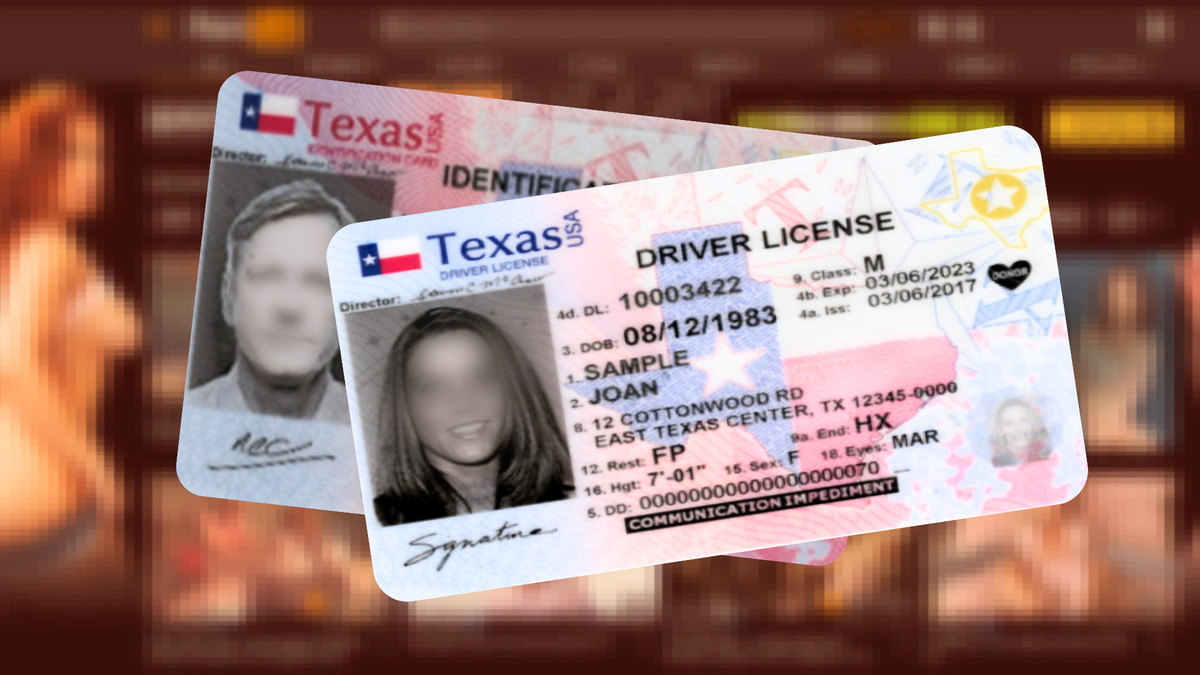An age verification bill in Kansas that is the most extreme in the country has passed both House and Senate and is on its way to the governor’s desk. The bill will make sites with more than 25 percent adult content liable to heavy fines if they don’t verify that visitors are over the age of 18. It also calls being gay “sexual conduct,” which critics say could set up the state for more censorship of LGBT+ citizens.
The bill is similar to the many others introduced or passed across the country in the last year, including ones enacted in Texas, Montana, North Carolina, Virginia, Louisiana, Arkansas, Mississippi, and Utah. Age verification laws in Indiana and Idaho will take effect on July 1, and bills are progressing in several more states.
The Kansas legislation has a major difference: The state will lower the bar for how much adult content a website needs to host in order to be liable. In the other states where age verification laws have been enacted, it’s been 33 percent, or one-third. Kansas reduces that number to 25 percent. Mainstream sites and social media platforms like Reddit and Twitter, as well as many other websites across the internet, host a large amount of porn despite not being “porn sites.” With an even lower bar to liability, the chilling effect of sexual content, sex education, and anything outside of heterosexual, biblical sterility could be massive.

“Any commercial entity that knowingly shares or distributes material that is harmful to minors on a website and such material appears on 25% or more of the webpages viewed on such website in any calendar month” falls under the purview of this bill, according to its text. If sites don’t comply, they could be fined up to $10,000 for each violation, and parents could sue for damages of at least $50,000.
Kansas criminal law defines “material harmful to minors” as involving “nudity, sexual conduct, sexual excitement or sadomasochistic abuse.”
“Sexual conduct,” under Kansas law, means “acts of masturbation, homosexuality, sexual intercourse or physical contact with a person’s clothed or unclothed genitals or pubic area or buttocks or with a human female’s breast.” The Associated Press reported that the bill’s critics, including Democratic Rep. Brandon Woodard, “argued that the law could be interpreted broadly enough that LGBTQ+ teenagers could not access information about sexual orientation or gender identity because the legal definition of sexual conduct includes acts of ‘homosexuality.’”
Aylo, Pornhub’s parent company, has blocked access to its more than a dozen websites in seven of the eight states with age verification laws in place. Earlier this month, 404 Media first reported that it blocked Texas. Age verification laws that require sites to verify ages—done through government-issued IDs like driver’s licenses or passports—won’t stop minors from seeing porn. Instead, as Emanuel and I wrote earlier this week, they’ll just drive everyone to sites with non-consensual abuse imagery and stolen content while opening everyone up to privacy exploitation. {read}